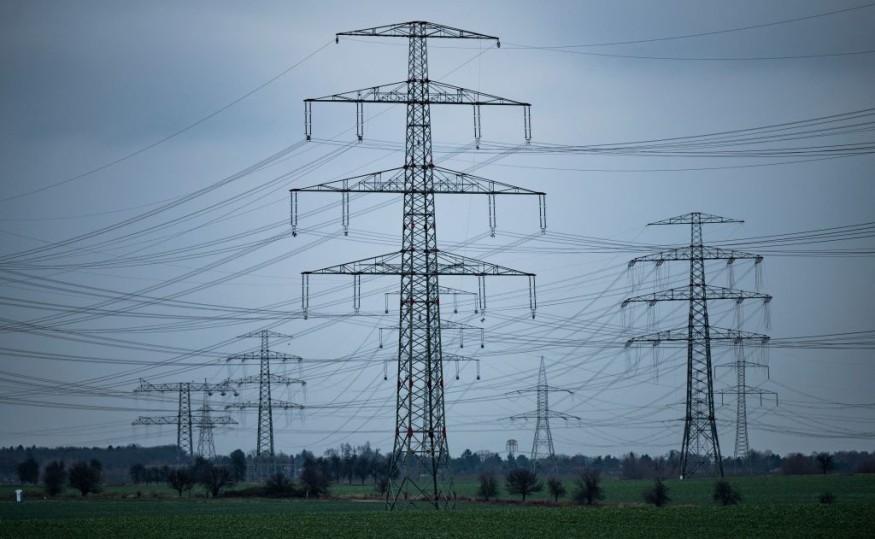Methane is one of the primary greenhouse gases (GHG) that contributes to the greenhouse effect, leading to global warming.
However, a bacteria has been discovered that can harness electricity from methane, as per a new study by microbiologists from the Radboud University (RU) in The Netherlands.
Microorganism-Generating Electricity

In their new paper published in the journal Frontiers in Microbiology on Tuesday, April 12, the RU microbiologists demonstrated this ground-breaking discovery by using a methane-consuming bacteria that can generate electricity inside the laboratory.
The microbiologists called the bacteria Candidatus methanoperedens, which uses the said GHG chemical compound to naturally grow.
The microorganism can be found in fresh bodies of water, such as ditches and lakes.
In the Dutch territory, the bacteria thrive in natural sites where both the groundwater and surface water are contaminated with the chemical element nitrogen.
This is due to the fact that the bacteria use nitrate elements to break down methane.
Potential Usage for Different Sectors
During the research, the RU scientists were astonished by the conversion process, highlighting its utilization for potential users, such as battery manufacturers, and other concerned industries.
As a result, the research team wanted to know more about its potential to generate power, which can be very useful for the energy sector, according to study author and microbiologist, Cornelia Welte, as cited by the American Association for the Advancement of Science (AAAS).
Welte explained that the ability of microorganisms to burn methane produces a turbine-like system that generates power, wherein less than 50% of the biogas is converted into power, as cited by the AAAS.
With this, Welte expressed plans to evaluate if humans can do better using microorganisms.
From a macro perspective, the electrical power generation capability of the bacteria can also help the electric power industry in its task to generate, transmit, and allocate power supply to the public.
However, there are currently no significant action plans yet on how to integrate bacteria into the said sector.
A Measure to Curb Power Outages?
The said methane-electricity conversion process is also useful for impoverished or remote areas worldwide where the basic need for a power supply is almost non-existent.
According to the US-based international non-profit organization World Wide Web Foundation, approximately 940 million people or 13% of the global population are living with no electricity.
The group claimed that affected people are facing almost daily disruption, including a lack of internet access.
War-torn areas, including Yemen, and locations devastated by natural disasters are also susceptible to this kind of power-stricken environment.
According to The Washington Post, nearly 1.3 billion or around 80% of people without power in the Middle East are living in Yemen.
Methane and Climate Change
Various research has attributed methane to be more significantly powerful than GHG carbon dioxide when it comes to warming the planet once it reaches the atmosphere.
Although the presence of methane in the skies is common, human-caused GHG emissions of the compound are environmentally detrimental.
In light of the new study, the findings may not only help the energy sector but also serve as a potential tool for future climate study research since the consumption of methane means also mitigates the effects of the greenhouse gas effect.
Related Article: Seagrasses Found to Continue Releasing Methane Even After Death
© 2025 NatureWorldNews.com All rights reserved. Do not reproduce without permission.





